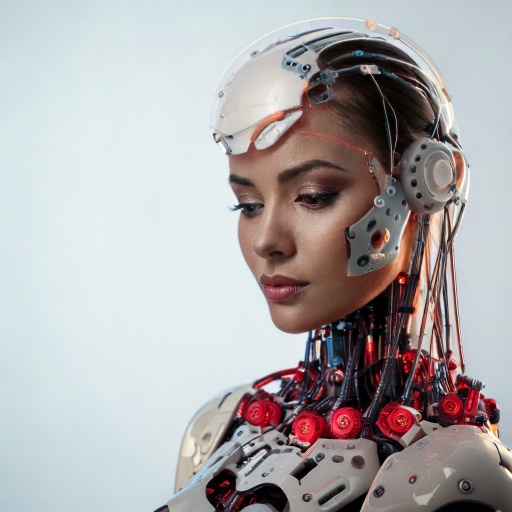The Dawn of AI Colleagues: Navigating the Impact of Intelligent Agents on Tomorrow’s Workforce

Embarking on a revolutionary journey in the realm of autonomous driving, researchers from the University of Southern California and Stanford University, in collaboration with NVIDIA, introduce a transformative paradigm with their pioneering system — Agent-Driver. This innovative approach goes beyond the conventional boundaries of autonomous driving, embracing a fusion of intelligent language agents and cutting-edge technology to redefine the future of transportation. In contrast to traditional methods, Agent-Driver capitalizes on Large Language Models (LLMs) as cognitive agents, breathing human-like intelligence into the core of autonomous systems. This marks a departure from the norm, challenging the status quo of perception-prediction-planning frameworks that have dominated the field thus far.
Agent-Driver doesn't merely navigate the roads; it learns, reasons, and adapts in a manner reminiscent of human drivers. At its core lies a versatile tool library, a cognitive memory enriched with common sense, and a powerful reasoning engine capable of sophisticated thought processes. This amalgamation empowers Agent-Driver with a level of flexibility and adaptability that exceeds the capabilities of its predecessors, promising a leap towards human-level driving proficiency.
The traditional limitations of autonomous systems are addressed head-on as Agent-Driver introduces a holistic approach to driving that transcends the rigid confines of pre-programmed responses. This system doesn't just respond; it understands. Through extensive experimentation on the nuScenes benchmark, the researchers have showcased Agent-Driver's prowess, revealing a significant leap in collision avoidance — over 30% improvement in motion planning compared to state-of-the-art methods.
The significance of Agent-Driver extends beyond performance metrics. It's about interpretability, adaptability, and a revolutionary understanding of autonomous systems. In the crucible of real-world scenarios, Agent-Driver demonstrates not only its ability to navigate complex environments but also its capacity for self-reflection, few-shot learning, and robust interpretability.
The journey towards a safer and more efficient future on the roads is not just about technological advancements; it's about redefining the role of machines in our lives. With Agent-Driver, we're not merely witnessing a leap in autonomous driving capabilities; we're observing the evolution of digital employees equipped with sophisticated reasoning abilities. This research marks a pivotal moment in the ongoing narrative of technological progress, where machines become more than tools — they become cognitive partners in our journey towards a smarter and safer world.
Key Highlights:
- Intelligent Agents Redefining Work: The research from the University of Southern California's Intelligent Agents Lab spotlights the transformative impact of Intelligent Agents on the contemporary workforce. These sophisticated Digital Employees, powered by advanced AI algorithms, are rapidly becoming indispensable contributors across various industries.
- Versatile Non-Human Workers: Intelligent Agents exhibit human-like decision-making capabilities, making them versatile assets in roles spanning customer service, data analysis, and complex problem-solving. The research emphasizes their ability to seamlessly integrate into diverse tasks, redefining the traditional scope of employment.
- Operational Advantages for Businesses: Real-world examples showcased in the research highlight how businesses strategically leverage Intelligent Agents to enhance operational efficiency. From automating routine administrative tasks to handling intricate data processes, Digital Employees prove to be catalysts for increased productivity and cost-effectiveness.
- Seismic Shift in Work Dynamics: The integration of Intelligent Agents prompts a seismic recalibration in the employer-employee dynamic. The research underscores how businesses are liberating human workers from mundane tasks, allowing them to focus on more strategic and creative aspects of their jobs.
- Implications for the Future of Work: As Intelligent Agents become pivotal players in the job market, the research raises crucial questions about the future of work. The need to adapt skill sets for seamless collaboration with Digital Employees emerges as a paramount consideration for individuals and organizations navigating this transformative wave.
Reference:


